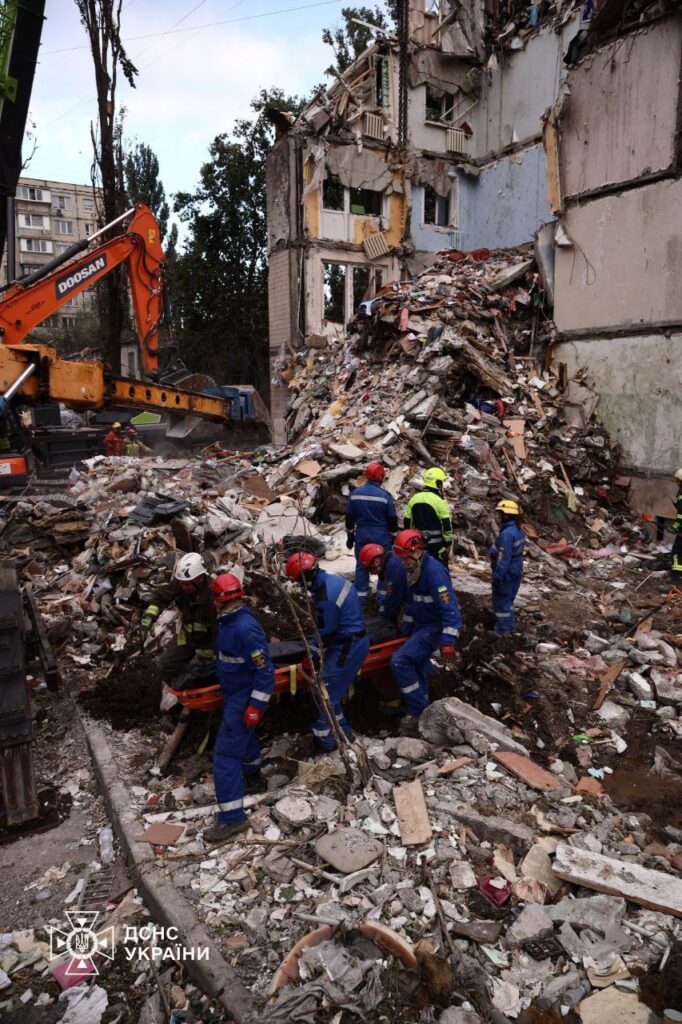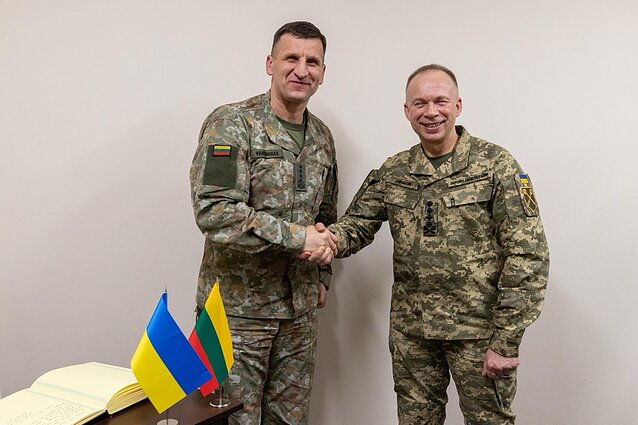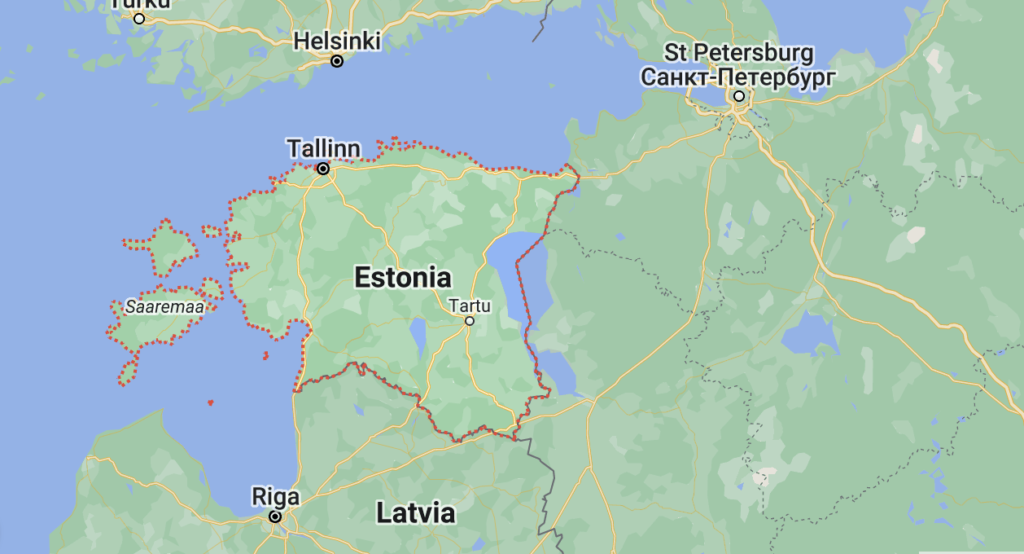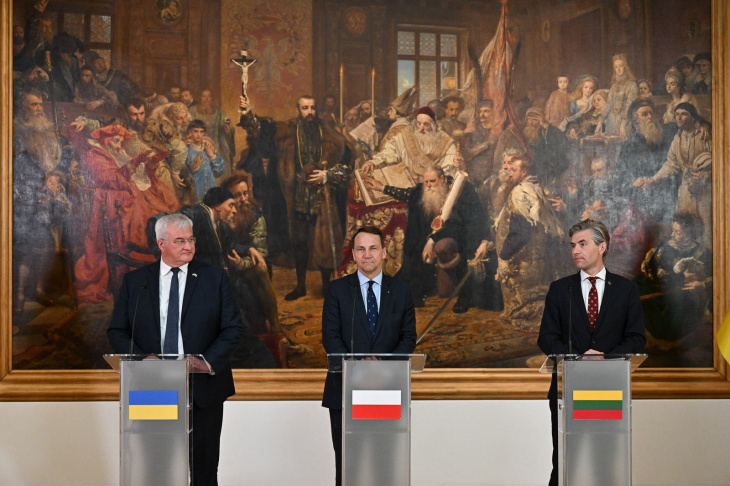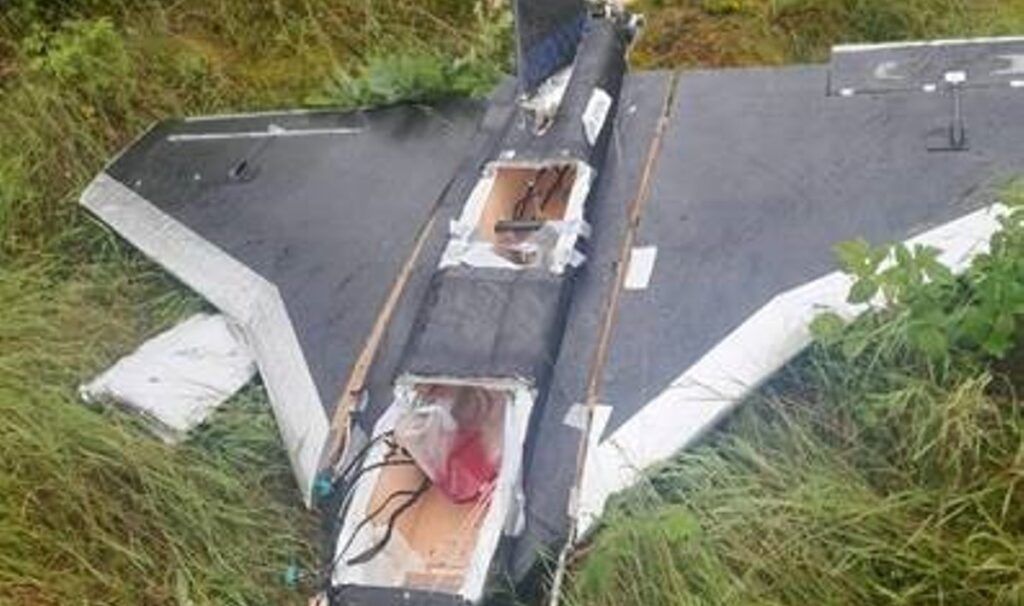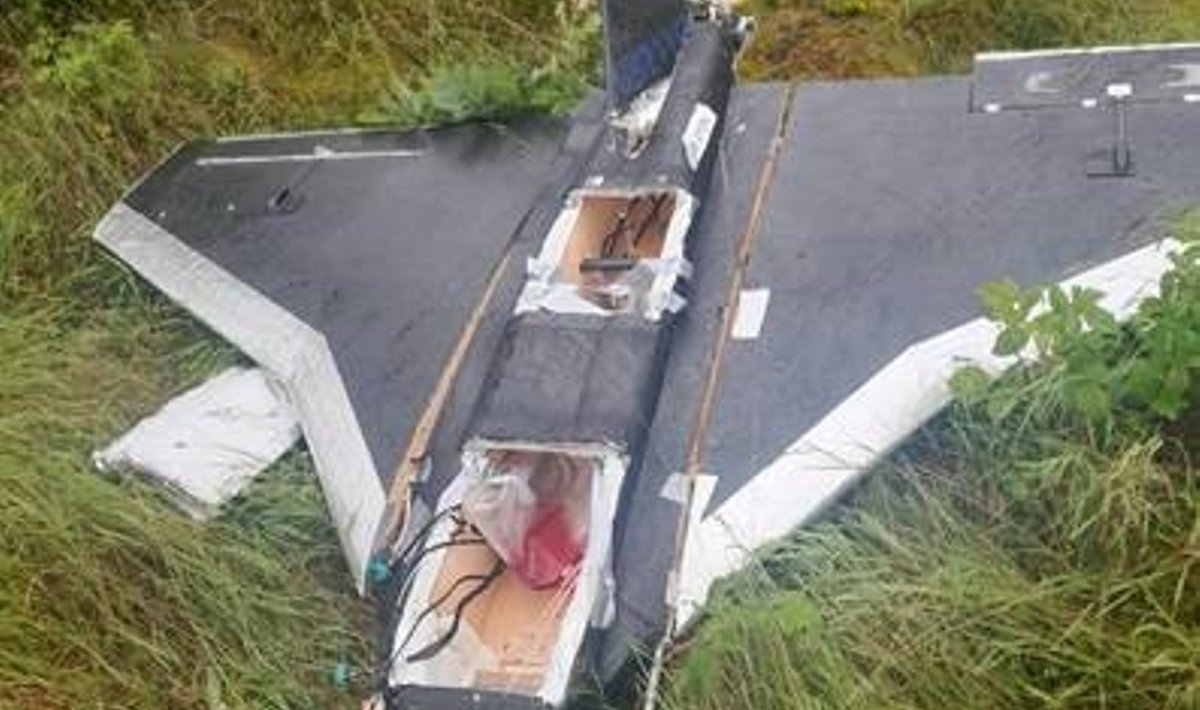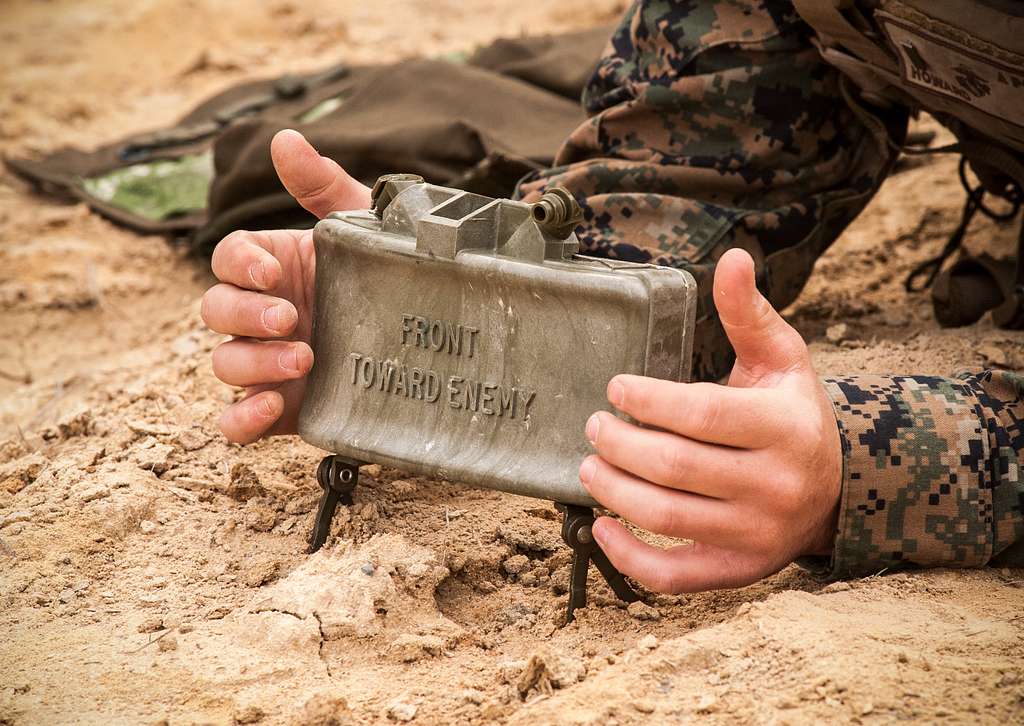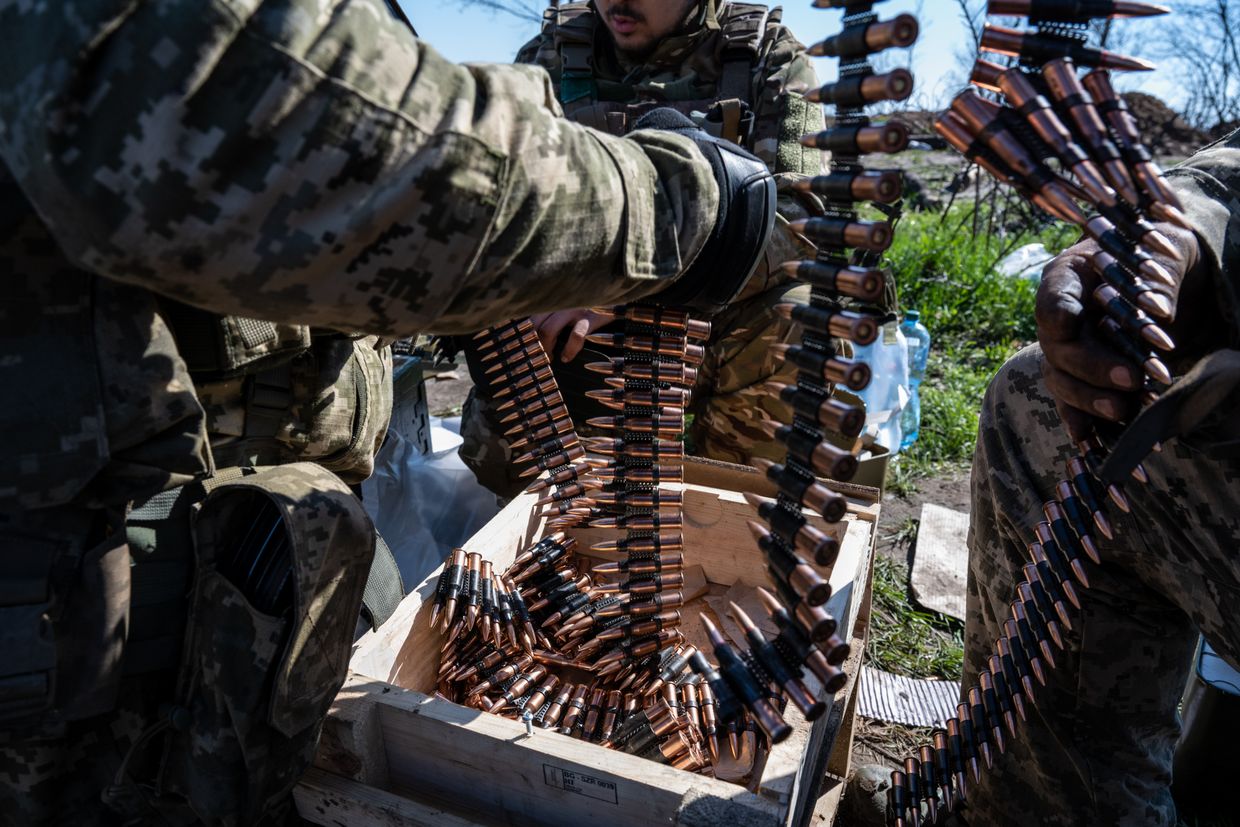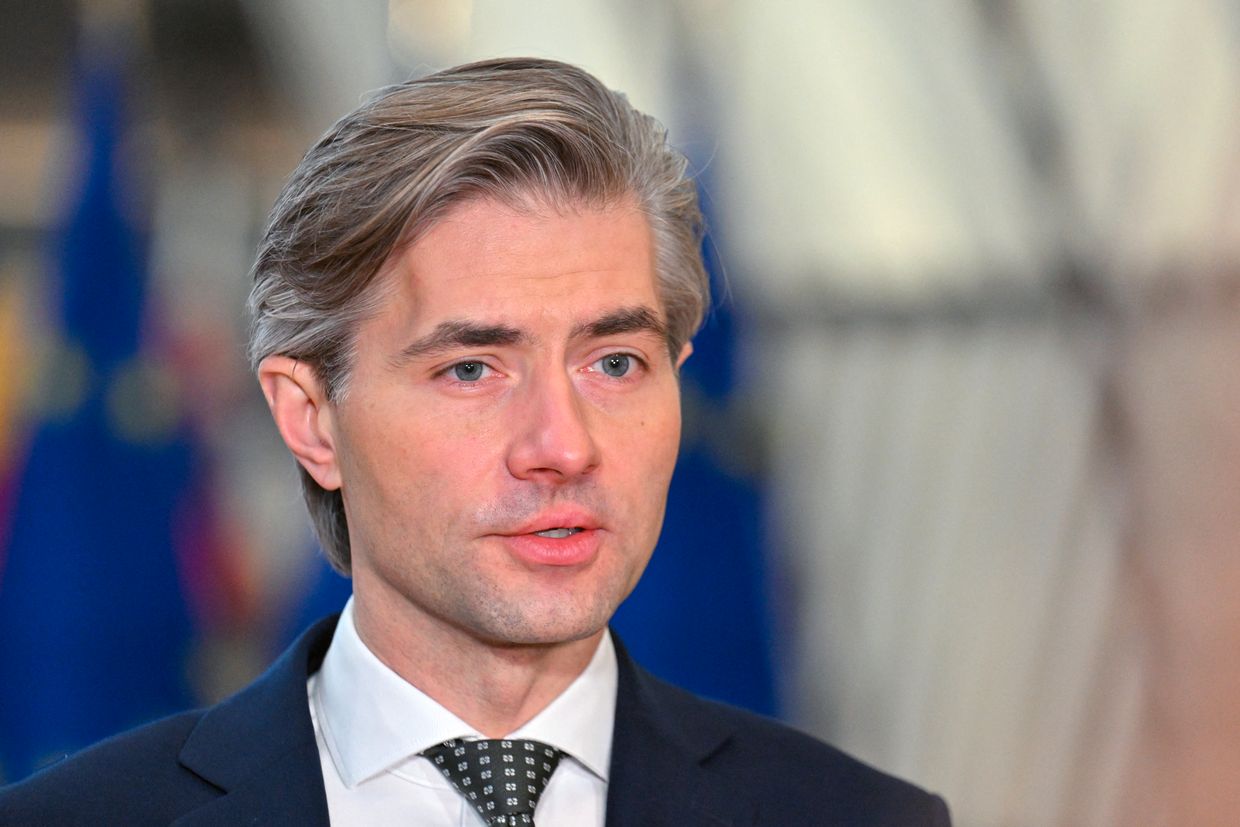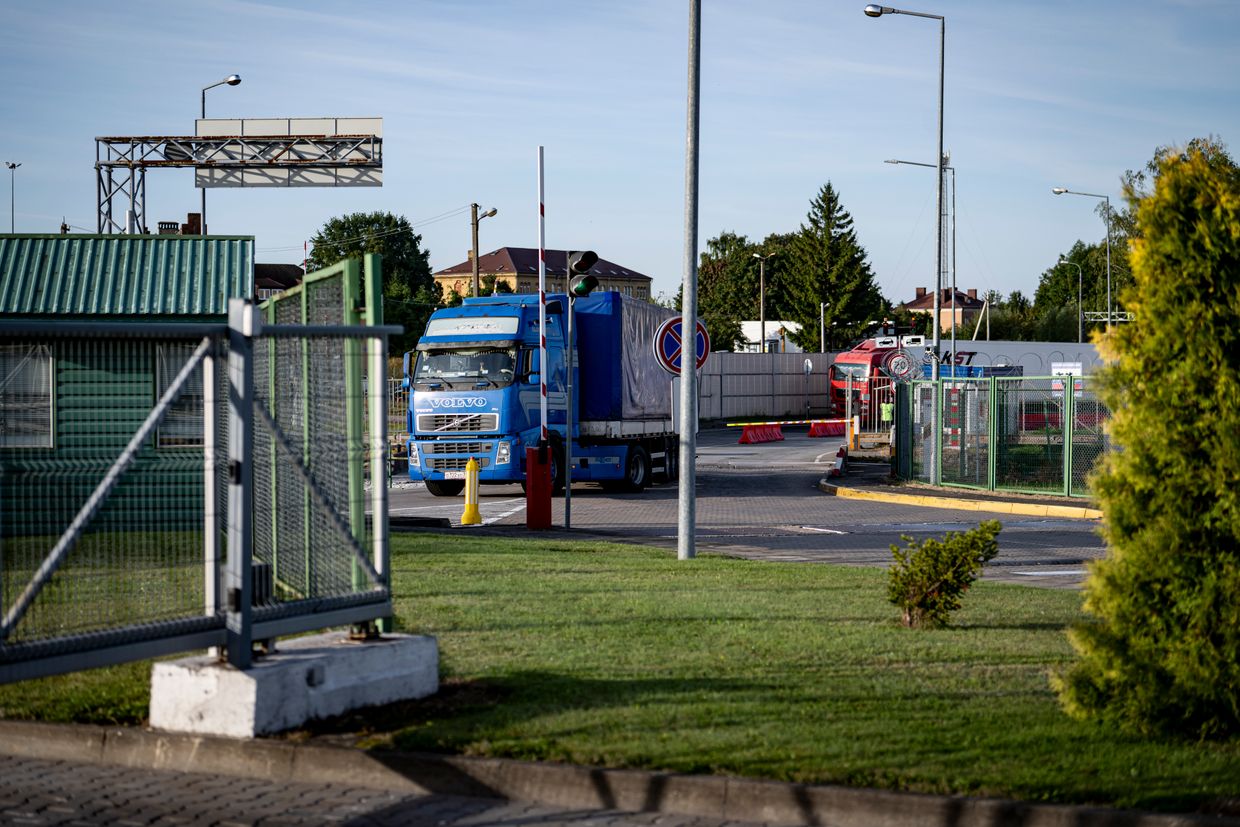Lithuanian military recovers mysterious drone 100km from Belarus border after five-day search

A drone that crossed into Lithuania from Belarus on 28 July has been located at the Gajžiūnai military training ground in Jonava district, the Belarusian service of Radio Free Europe/Radio Liberty reported.
Lithuania’s Defense Minister Dovile Sakaliene confirmed the discovery to the Baltic News Service (BNS).
The unmanned aircraft was discovered more than 100 kilometers from the Belarusian border. The drone resembles the Russian “Gerbera” decoy drone, designed to deceive air defense systems by mimicking the Iranian Shahed combat drone, according to earlier reports.
Military investigators and bomb disposal experts are working at the site where the drone was found.
On the morning of 28 July, Lithuanian police warned citizens about the intrusion of an unidentified unmanned aircraft from Belarusian territory. Darius Buta, chief advisor of the National Crisis Management Center (NKVC), told the news portal Delfi that the drone was detected at an altitude of approximately 200 meters and was last seen near Vilnius.
Drone incidents
On 10 July, State Border Service personnel spotted an unknown object in the air flying at approximately 100 meters altitude at 50-60 km/h speed. Within minutes, it crashed near the closed Sumskas checkpoint, about one kilometer from the Belarus border. The object was identified as a Russian “Gerbera” type drone.
On 28 July, Lithuanian police reported detecting an unidentified drone type that entered the country from Belarus territory. Social media footage showing the drone suggests it resembles a Shahed or its Russian imitation “Gerbera,” according to Delfi, though the drone type is still being determined.
Belarus is a key ally of Russia, primarily due to their deep military, political, and economic cooperation. The country allowed Russian troops to use its territory for military operations, including during the 2022 full-scale invasion of Ukraine, and hosts some Russian tactical nuclear weapons.
Lithuania will deploy a Ukrainian-developed acoustic drone detection system starting in 2026, the country’s Armed Forces Commander-in-Chief Raimundas Vaiknoras announced to LRT.
The deployment announcement comes after another incident involving a drone entering Lithuanian airspace. When asked whether Lithuania would have an acoustic drone detection system, Vaiksnoras confirmed that budget funds have already been allocated for purchasing the systems.
According to the Armed Forces chief, testing will be conducted by the end of the year, and next year there will be more intensive implementation of these systems.
“They have been known since last autumn, but procedural issues were somewhat delayed because this is a Ukrainian system, one could say, which had to be adapted to our implementation of American systems due to sensitive issues,” Vaiksnoras said.
The general noted that two drones that flew into Lithuania the day before “are not a coincidence.”
“It seems to me that we sometimes forget that we actually live very close to the combat zone. Belarus is used as a platform for Russia’s attack on Ukraine, so drones moving through our territory are the same thing that Poles, Romanians, and Latvians experience. This situation will not change while Ukraine is under attack by Russia,” the Armed Forces chief added.
